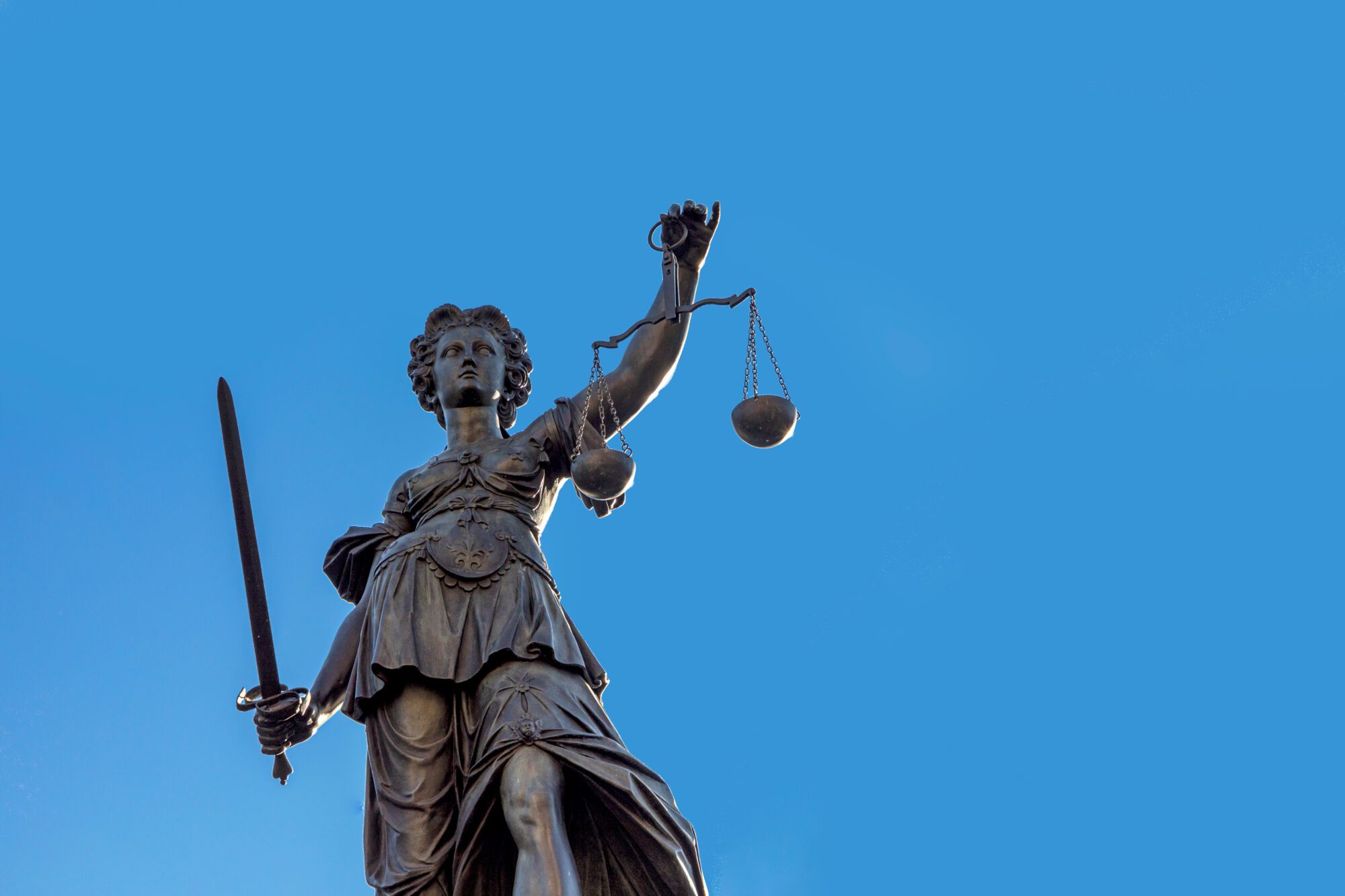
The Alternative für Deutschland (AfD) factions in Marzahn-Hellerdorf, Lichtenberg, and Spandau—three of the twelve boroughs in Berlin—have filed a lawsuit against the federal state over anti-democratic proceedings carried out by other party factions which have gone entirely unimpeded by the ruling authorities.
Despite Berlin’s state elections in 2021 having resulted in the conservative, anti-globalist AfD securing four city council positions, three of the slots have been left vacant for more than a year because other factions—those from the main leftist and left-liberal parties, like Die Linke, SPD, and the Greens—have been blocking the elections of AfD city council candidates, the Berlin-based newspaper Junge Freiheit reports.
Now, in an attempt to legally enforce the election of the district councilors—and to make it clear that the district parliaments must fulfill their obligations—the AfD factions have filed a lawsuit against the state of Berlin.
Speaking on the lawsuit, Ronald Gläser, the deputy chairman of the AfD’s faction in Berlin’s House of Representatives, said: “[The AfD] wants to force the district assemblies to allow our people to hold office.”
Kristin Brinker, the state chair and faction leader of AfD in Berlin, called the other parties’ actions a “systematic blockade attitude” which violates “the spirit of the democratic community.”
Andreas Otti, a former CSU politician who served as an AfD city councilor in Spandau from 2016 to 2021, is one of the candidates who is currently being blocked. He called the district councilors blockade “illegal,” and added that the fact the AfD has to file a lawsuit to keep the district offices functional is “not good for democracy at all.”
As the Hamburg-based newspaper Die Zeit reports:
In the twelve districts of Berlin, the district offices are important decision-making bodies. They consist of the district mayor and five district councillors. The composition of the district office depends on the results of the district council (BCC) elections, the members are elected by the district parliaments. The special thing about this is that any coalitions that are called census communities at district level are not allowed to play a role.
On this basis, the AfD would be entitled to a city council position in four districts. Only in Treptow-Köpenick has the BVV elected a politician nominated by the party to such an office. In the other three districts, the other factions reject AfD politicians because they believe the party is too far to the right.
Two weeks ago, the constitutional court of Berlin—the state’s highest court—ruled that the 2021 elections in the German capital must be repeated next year, due to massive irregularities and organizational chaos that rendered the election illegitimate, as The European Conservative previously reported. The election date has been set for February 12th, 2023.
Although the AfD is poised to secure more city councilors in the election, it remains unclear as to whether they will be able take up office or if they will be blocked once more.
